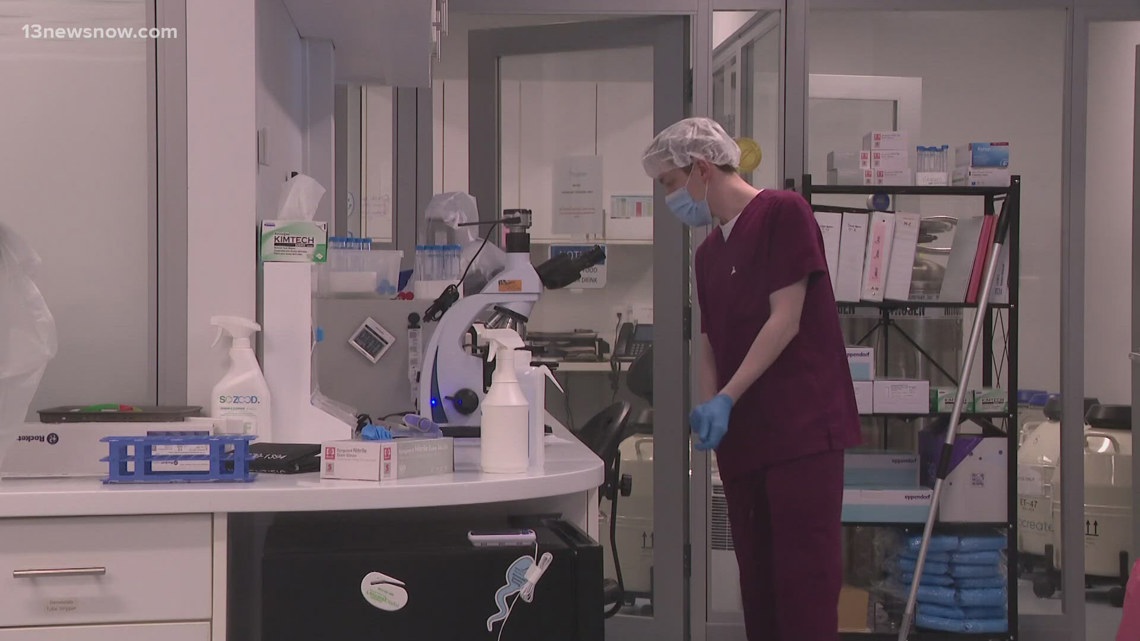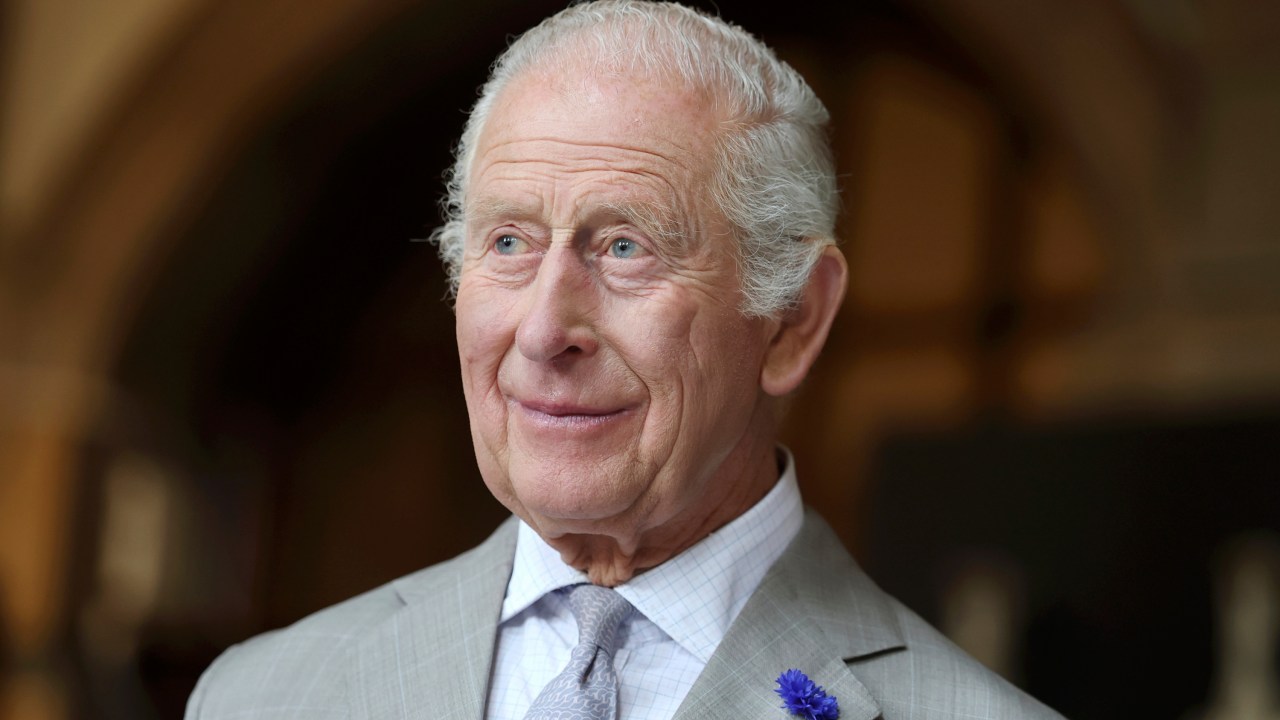Reimagining Healthcare: Why Decolonising Health is Key to Better Patient Outcomes for Aboriginal Australians

Moving Beyond Biomedical Approaches: A Call for Decolonised Healthcare in Australia
Australia's healthcare system is facing a crucial challenge: how to deliver truly equitable and effective care for all Australians, particularly Aboriginal and Torres Strait Islander peoples. A growing body of research points to a vital shift – a move towards decolonising health and embracing Aboriginal ways of knowing, being, and doing. This isn't just about cultural sensitivity; it's about fundamentally rethinking how we approach health and wellbeing.
For too long, the dominant paradigm has been a biomedical model, heavily influenced by Western scientific traditions. This model often focuses on treating individual symptoms and diseases, often overlooking the broader social, cultural, and environmental factors that significantly impact health. As Senior Researcher Kim O'Donnell from the University of Adelaide explains, this approach can inadvertently fragment care, treating 'parts' of a person rather than the individual as a whole – mind, body, spirit, and connection to community.
What Does Decolonising Health Actually Mean?
Decolonising health is a complex and multifaceted process. It involves actively dismantling the historical and ongoing impacts of colonisation on health systems and practices. This means acknowledging the inherent value and efficacy of Aboriginal traditional healing practices and knowledge systems. It’s about moving away from a deficit-based approach – which often pathologises Aboriginal health – and instead focusing on strengths, resilience, and self-determination.
Key elements of a decolonised approach include:
- Centering Aboriginal voices: Ensuring Aboriginal people are at the heart of decision-making processes related to their health and wellbeing.
- Integrating traditional healing practices: Respecting and incorporating traditional medicines, ceremonies, and cultural practices into mainstream healthcare.
- Addressing social determinants of health: Recognizing the profound impact of factors like poverty, housing, education, and discrimination on health outcomes.
- Promoting culturally safe healthcare: Creating healthcare environments that are welcoming, respectful, and free from racism and discrimination.
The Benefits of a Holistic, Decolonised Approach
The potential benefits of decolonising health are significant. By embracing a holistic and culturally responsive approach, we can:
- Improve health outcomes for Aboriginal and Torres Strait Islander peoples, addressing the persistent health gap.
- Build trust between healthcare providers and Aboriginal communities, which is essential for effective care.
- Create a more equitable and inclusive healthcare system for all Australians.
- Enhance the overall quality of healthcare by incorporating diverse perspectives and approaches.
The Path Forward
The journey towards decolonising health requires a concerted effort from healthcare professionals, policymakers, and the broader community. It requires ongoing education, critical reflection, and a willingness to challenge the status quo. By prioritising Aboriginal self-determination and embracing a holistic, culturally responsive approach, we can build a healthcare system that truly serves the needs of all Australians and moves towards reconciliation.
Ultimately, decolonising health isn't just about addressing historical injustices; it's about creating a healthier, more equitable, and more just future for everyone.





